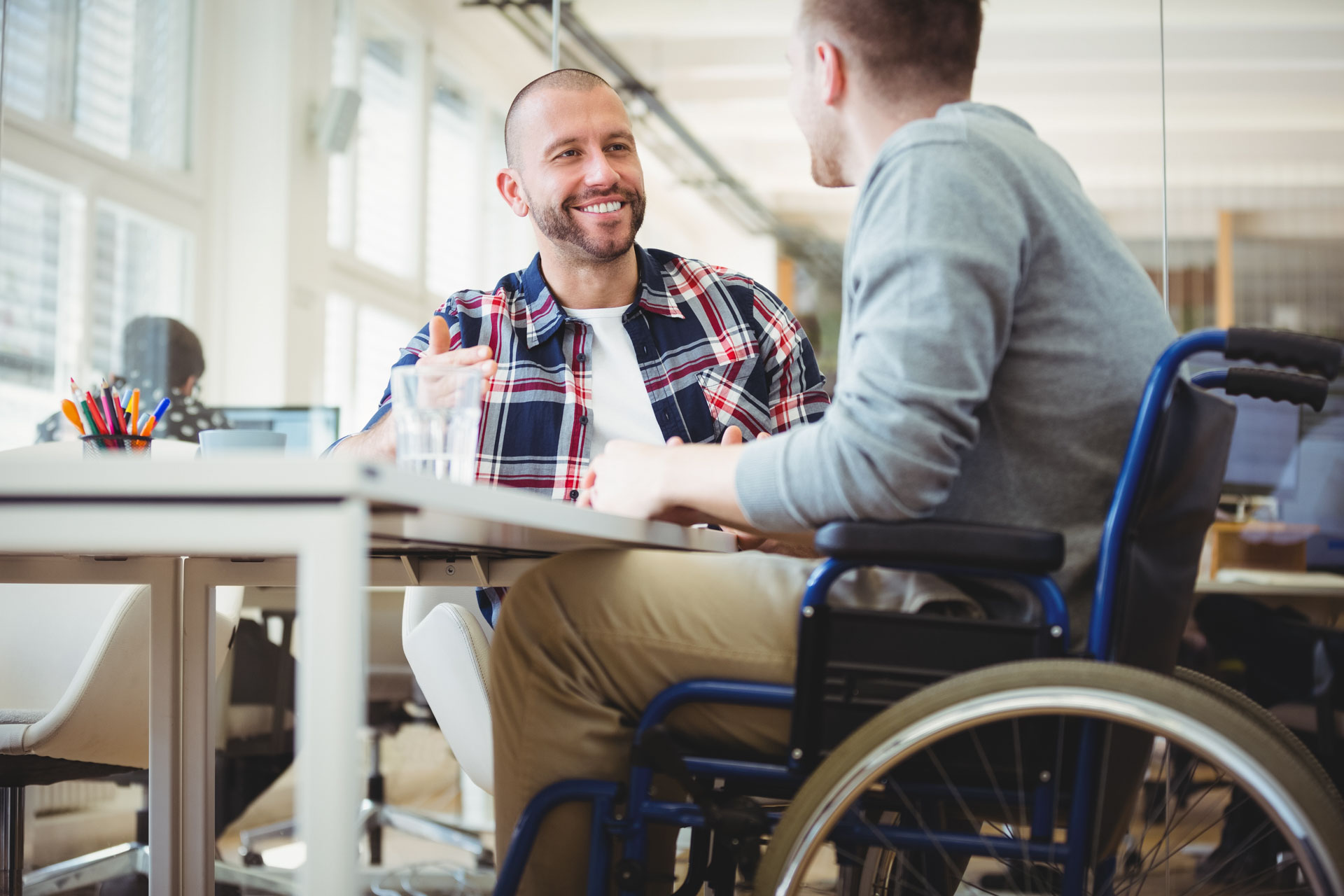Relationships and Sexual Wellness After Permanent Injury Navigating Intimacy, Identity, and Connection in the Journey of Rehabilitation

Experiencing a permanent injury can bring profound changes, not only to a person’s body and daily life but also to their sense of intimacy, identity, and connection with others. For many people, the emotional and physical impact of injury extends into their sexual relationships, often in ways that feel confusing, confronting, or difficult to discuss.
Yet, sexuality remains an important part of wellbeing. It represents much more than physical function, it includes closeness, confidence, communication, and connection. Understanding how injury can affect these aspects, and how to support recovery in a holistic way, is essential for both individuals and clinicians.
How Permanent Injury Can Affect Sexual Functioning
Changes to sexual functioning are common following a permanent injury and can vary depending on the nature, location, and severity of the injury. Research shows that both physical and psychological changes contribute to shifts in sexual expression and satisfaction.
Common experiences may include:
- Erectile dysfunction or reduced genital sensation
- Vaginal dryness or difficulty achieving orgasm
- Fatigue or loss of physical stamina
- Reduced mobility or positioning limitations
- Pain or discomfort during sexual activity
- Cognitive or communication challenges
- Lowered sexual desire due to:
- Hormonal fluctuations
- Reduced confidence or altered body image
- Feelings of embarrassment or self-consciousness
- Anxiety or depression
These challenges are not simply physical. They can also influence emotional intimacy, leading individuals and couples to feel disconnected or unsure about how to navigate this part of their relationship.
The Impact on Relationships and Partners
In the aftermath of permanent injury, the dynamics within intimate relationships often change. Partners may find themselves balancing new roles, from lover to caregiver, which can blur emotional boundaries and alter how closeness is experienced.
Some of the common challenges couples report include:
- Feeling unable to connect as sexual partners when caregiving becomes a primary focus
- Discomfort or uncertainty when adapting to new forms of sexual or physical intimacy
- Sexual dissatisfaction leading to avoidance of affection or communication
- Fatigue from new daily responsibilities or disrupted routines
- Financial stress from reduced income or work changes impacting relationship harmony
These pressures can place strain on even the strongest partnerships. For some, the loss of sexual connection is compounded by the emotional toll of grief, identity change, and adjustment to a “new normal.”
Importantly, these experiences are not unique to heterosexual relationships. LGBTIQASB+ partners can face additional barriers to inclusive care — including being excluded from clinical discussions or feeling unseen in the rehabilitation process.
The Role of Allied Health Professionals
Many individuals and couples want to discuss their sexual wellbeing as part of rehabilitation, yet research shows these conversations rarely occur. Clinicians may feel uncertain about how to raise the topic, fear saying the wrong thing, or assume the person will bring it up themselves.
But sexuality is a vital part of holistic recovery. When ignored, it can contribute to isolation, low self-esteem, and strain on relationships.
Clinicians play an essential role in creating safe, inclusive spaces where sexuality and intimacy can be discussed without embarrassment or judgment. This includes:
- Providing education about the physical effects of injury on sexual function
- Acknowledging emotional and relational changes that may arise
- Using open-ended questions to explore current concerns and priorities
- Normalising the conversation, framing sexual wellness as a natural and important part of life
- Involving partners in discussions when appropriate, ensuring shared understanding and support
Early, sensitive dialogue allows individuals to process changes, plan for adjustments, and explore new ways of expressing affection and connection.
Supporting Recovery Together
When clinicians do not initiate these discussions, individuals and couples are encouraged to take the first step. It’s okay to ask your rehabilitation or allied health team about sexual wellness support. These services may include:
- Specialist psychosexual therapy, offering evidence-based guidance tailored to individual or couple needs
- Relationship or sexuality counselling, supporting emotional adjustment, confidence, and communication
- Educational resources and workshops, designed to rebuild sexual wellness and intimacy post-injury
These supports aim to help individuals and couples rediscover connection and pleasure in ways that align with their bodies, values, and evolving identities.
Moving Forward A Message of Hope
Life after permanent injury involves change, but it also holds possibility.
Relationships can grow stronger through open communication, creativity, and shared understanding. Sexuality, too, can evolve into something new, equally meaningful, perhaps even deeper, when grounded in empathy, respect, and self-acceptance.
For clinicians, the message is simple: sexual wellness is not a luxury, but an essential part of recovery. And for individuals and couples, healing doesn’t just mean regaining function. It means reconnecting with yourself and those you love, in ways that honour every part of your journey.
Learn in a space where your questions are welcome
Join live sessions or watch on demand — all created by professionals who understand the real-world challenges of exploring sexuality, identity and connection.
- Sexuality & identity
- Consent & communication
- Relationships & intimacy
- Confidence & self expression
- Disability & sexual wellness
- Support & education for carers


